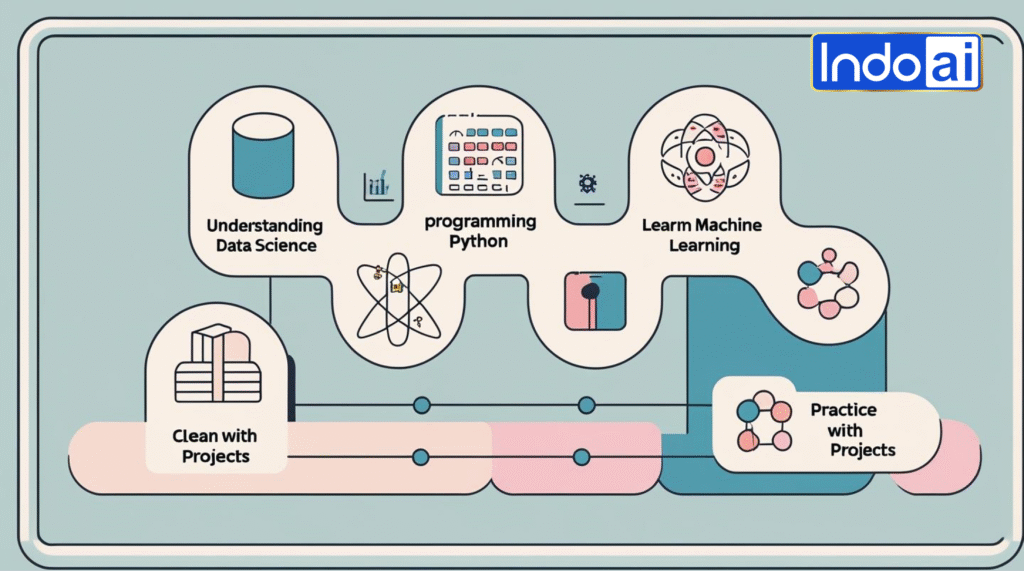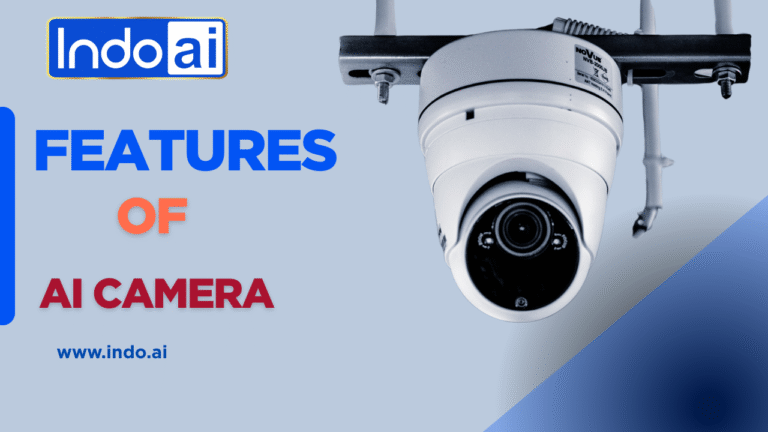Artificial Intelligence (AI) is one of the most evolving fields in technology today. With the potential to transform every aspect of our lives, from healthcare and education to business and entertainment, AI is becoming an essential skill for anyone looking to stay competitive in today’s job market. In this beginner’s guide, we’ll explore what AI is, why it matters, and how you can start your journey towards mastering this exciting field.

What Is AI?
AI refers to the development of computer systems that can perform tasks that require human intelligence.
These systems are designed to learn from data and adapt to new situations, allowing them to improve their performance over time.
There are several different types of AI, including machine learning, deep learning, neural networks, natural language processing, and computer vision.
Why Is AI Important?
AI has the potential to revolutionize the way we live and work in countless ways.
For example, it can help us to diagnose and treat diseases more accurately and quickly, improve the safety and efficiency of transportation, enhance the accuracy of weather forecasting, and even help us to better understand and protect the natural world.
In business, AI can be used to automate repetitive tasks, improve customer service, and develop more effective marketing strategies.
Getting Started With AI
If you’re interested in exploring AI further, there are several steps you can take to start your journey. Here are some of the key things to keep in mind:
Learn the basics of data science
AI is built on a foundation of data, so it’s essential to have a strong understanding of data science principles such as statistics, probability, and data visualization. There are many free online courses and tutorials available that can help you to develop these skills, such as Coursera, edX, and Udemy.
Choose a programming language
To work with AI, you’ll need to know at least one programming language such as Python, R, or Java.
Python is one of the most popular languages for AI development, thanks to its simplicity and flexibility. It’s also widely used in data science, which makes it a great choice if you’re just getting started.
Learn machine learning
Machine learning is a subfield of AI that focuses on building algorithms that can learn from data and make predictions or decisions based on that learning.
Some popular resources include “Hands-On Machine Learning with Scikit-Learn, Keras, and TensorFlow” by Aurélien Géron and the “Machine Learning” course on Coursera.
Explore deep learning
Deep learning is a type of machine learning that uses artificial neural networks to learn from data. It’s currently one of the hottest areas of AI research and has led to breakthroughs in fields such as computer vision and natural language processing.
To get started with deep learning, you’ll need to learn how to use frameworks such as TensorFlow, Keras, or PyTorch.
Practice, practice, practice
Like any skill, mastering AI takes practice. The more you work with data, programming languages, and AI algorithms, the more comfortable you’ll become with the concepts and techniques involved.
Look for opportunities to work on projects or collaborate with others in the AI community to build your skills and gain experience.
Conclusion
Whether you’re a student, a professional, or simply someone who’s interested in learning about the latest advances in technology, there has never been a better time to start your AI journey. By learning the basics of data science, choosing a programming language, exploring machine learning and deep learning, and practicing your skills, you can gain the knowledge and experience you need to succeed in this exciting field.
Remember, there are many resources available to help you on your AI journey, from online courses and tutorials to books, forums, and communities. Don’t be afraid to reach out to others in the AI community for advice, support, and feedback as you work towards mastering this fascinating field. With dedication, persistence, and a passion for learning, you can take your first steps towards a career in AI and help shape the future of technology for years to come.




